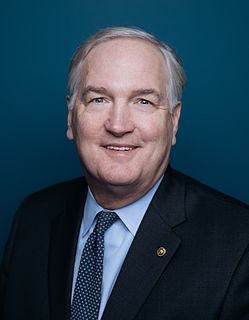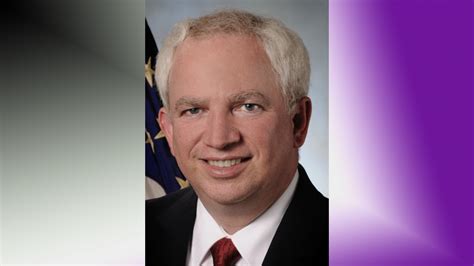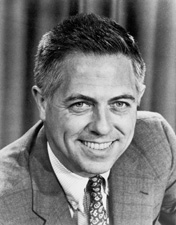A Quote by Thomas Pogge
Our Supreme Court has lifted the practice of buying legislation to the level of a constitutional principle by repeatedly protecting corporate spending for and against political candidates, as well as promises and threats of such spending to bribe and blackmail such candidates, by appeal to the free-speech clause of the First Amendment.
Related Quotes
The First Amendment is really at the very core of political speech, and political speech is at the core of the First Amendment. So, we want to be very careful to make sure that candidates for office are free to express their views so that people will make an informed choice. We don't want them holding back, and sort of concealing their views and then disclosing them afterwards.
As a result of the Citizens United Supreme Court decision, American democracy is being undermined by the ability of the Koch brothers and other billionaire families. These wealthy contributors can literally buy politicians and elections by spending hundreds of millions of dollars in support of the candidates of their choice. We need to overturn Citizens United and move toward public funding of elections so that all candidates can run for office without being beholden to the wealthy and powerful.
Candidates who win while spending less than their opponents still usually have to spend quite a lot. While not a surefire guarantor of victory, a large war chest -even if not the largest-is usually a necessary condition. Money may not guarantee victory, but the lack of it usually guarantees defeat. Without large sums, there is rarely much of a campaign, as poorly funded 'minor' candidates have repeatedly discovered.
Because of the free speech clause in the First Amendment, which is very clear, "The government shall make no law abridging freedom of speech," and it literally is about political speech. You can say anything you want about politics, a candidate, and the government cannot stop you. And the Democrats hate that.
Millions upon millions of secret spending by the fossil fuel industry that was unleashed by the disastrous 2010 Citizens United Supreme Court decision - this money not only fuels the campaigns of many candidates; it also represents a threat to those who don't toe the polluter line on climate change.
If candidates spend money on ads and other political speech and their opponents are rewarded with government handouts to attack them, that chills speech and is unconstitutional. Non-participating candidates certainly don't volunteer to allow their opponents to receive taxpayer subsidies to bash them.
The broadening of the economic order which came to be seated in the individual property owner... dramatized by Jefferson's purchase of the Louisiana Territory... "The supremacy of corporate economic power... consolidated by the Supreme Court decision of 1886 which declared that the Fourteenth Amendment protected the corporation... [the New Deal, leading to], within the political arena, as well as in the corporate world itself, competing centers of power that challenged those of the corporate directors.








































